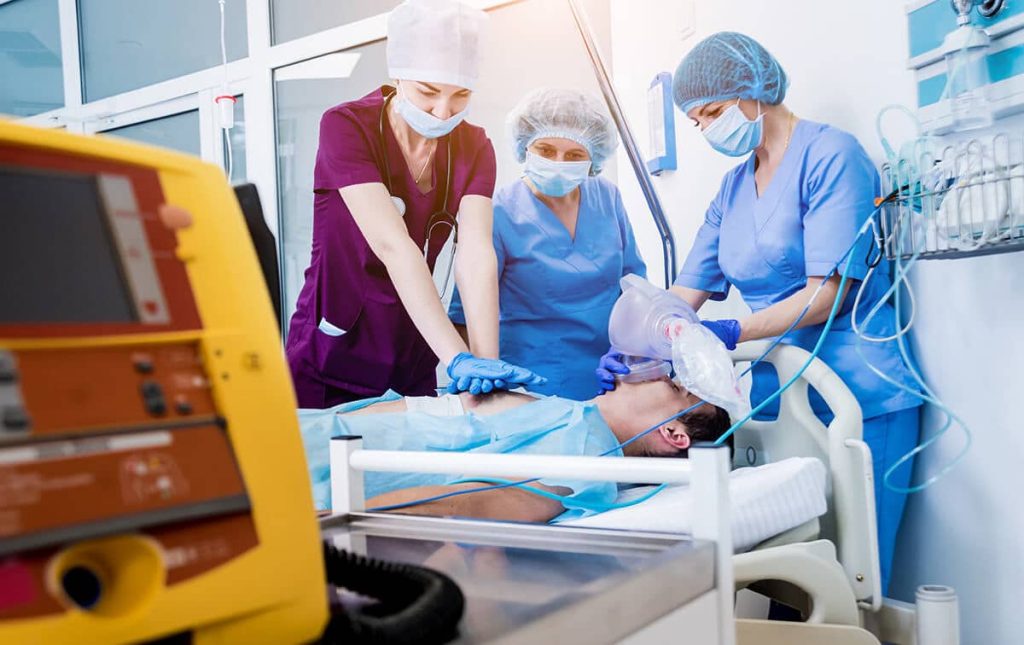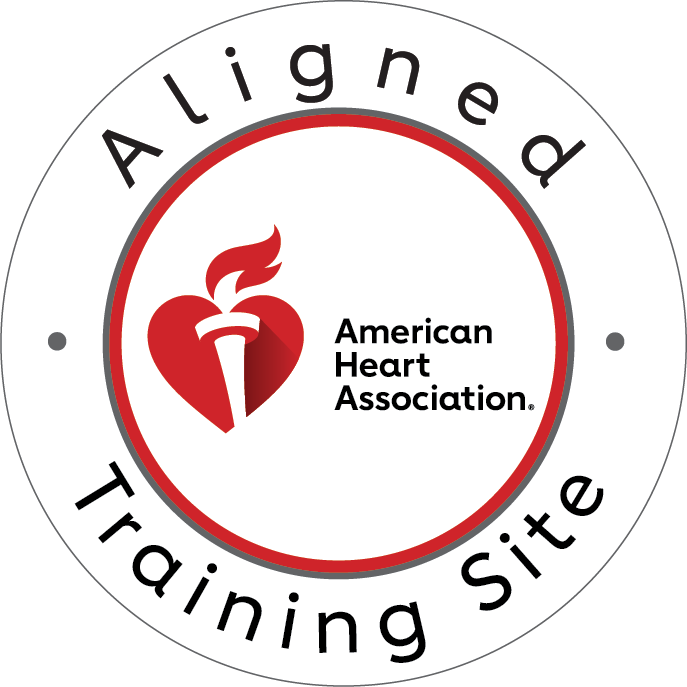The Difference Between Life and Death: Are You Prepared?
Imagine a scenario where someone’s life is hanging by a thread. In those critical moments, when seconds determine whether someone survives or not, would you be able to act swiftly and effectively? Basic Life Support (BLS) is more than a skill—it’s a lifeline. When delivered by a well-prepared team, BLS can turn chaos into coordination, drastically improving survival rates. But here’s the secret: mastering collaborative resuscitation is key. It’s not just about knowing what to do individually, but understanding how to function as a life-saving team. This is the power of “We” in BLS.
Why Collaborative Resuscitation Matters
While individual skills in BLS are crucial, the real power emerges when a group of trained responders comes together, each playing a role in a seamless choreography of life-saving efforts. This is what we call collaborative resuscitation, and it can be the deciding factor in successful patient outcomes.
According to the American Heart Association (AHA), immediate CPR combined with effective teamwork can more than double a person’s chances of survival following sudden cardiac arrest. Picture this: A lone responder starts chest compressions, while another quickly attaches an AED. As one rescuer tires, another steps in without skipping a beat, ensuring continuous high-quality compressions. The shift from individual effort to a coordinated team response reduces the margin for error and maximizes the potential for recovery.
The Team-Based Approach: More Than Just a Skillset
In BLS, especially in high-stakes environments like hospitals, clinics, and emergency rooms, the ability to work as a synchronized team is vital. Collaborative resuscitation involves:
- Role Assignments: Clear delegation of tasks like compressions, airway management, and AED operation. This prevents overlap and ensures each critical task is performed without hesitation.
- Communication: Verbal and non-verbal cues allow team members to adapt to the ever-changing dynamics of an emergency.
- Efficiency: Each member knows their role, reducing time spent figuring out who should do what during a high-pressure moment.
The difference? A patient’s heart gets the oxygenated blood it needs quickly, increasing their chance of survival. This underscores why every healthcare provider should not only be skilled in BLS but also trained in how to perform it as part of a well-coordinated team.
Elevate Your Life-Saving Skills: The Features and Benefits of BLS Training
At CPR Nashville, an American Heart Association training site, we focus on both the individual and team-based aspects of BLS. Here’s why training with us sets you apart:
- Hands-On Training: Practice real-life scenarios where teamwork is emphasized. Our BLS classes put you in the thick of the action, simulating high-pressure situations to build muscle memory and confidence.
- Stress-Free Environment: Learning life-saving techniques shouldn’t be stressful. Our instructors create an encouraging, supportive atmosphere to make sure everyone leaves confident, not overwhelmed.
- AHA Certified: Our BLS courses align with the latest guidelines from the American Heart Association, ensuring you’re equipped with the most up-to-date knowledge.
- Skill Refreshers: We don’t just certify you and send you on your way. Regular refresher courses ensure your skills stay sharp and current. Whether you’re a healthcare provider needing certification or recertification, we’ve got you covered.
By investing in this training, you’re not just acquiring a new skill—you’re learning how to become an essential part of a life-saving team. The power of “We” in BLS will redefine the way you approach emergencies, both in the workplace and in everyday life.
Imagine This: A Life-Saving Team That Includes YOU
Now, let’s fast-forward to a critical moment. You’re in a crowded workplace, hospital, or public space. Suddenly, someone collapses. People are panicking, but not you—you and your colleagues immediately leap into action, each with a role to play. You initiate compressions while another person gets the AED ready, and yet another prepares to manage the airway. Communication is clear, actions are swift, and the victim’s chances of survival rise dramatically.
This scenario isn’t just possible—it’s probable with the right training. Collaborative resuscitation turns a lone rescuer into part of a coordinated, high-functioning team. You don’t just respond; you lead the charge in saving a life.
Envision the peace of mind that comes from knowing you are not only BLS certified but have also mastered the teamwork essential for effective resuscitation. You’ll be ready to help your colleagues in an emergency, becoming the linchpin in a life-saving operation.
The Time to Act Is Now: What’s Your Next Move?
Don’t wait until it’s too late to be prepared. The power of “We” in BLS is more than just a concept—it’s a skill set that can save lives, and you can be a part of it. Now that you know how important collaborative resuscitation is, it’s time to take action.
At CPR Nashville, we specialize in hands-on, stress-free BLS classes in Nashville that will not only teach you BLS but also train you to work as part of an effective resuscitation team. Whether you’re looking to get certified for the first time or need a recertification, our classes are tailored for healthcare providers like you who want the best possible training experience.
Be the difference between life and death—join a BLS class in Nashville today at CPR Nashville. Enhance your skills, learn to collaborate, and become a confident, life-saving team member. Visit our website to schedule your class and secure your place in the best CPR training offered in the city. Your opportunity to make a difference starts now!





